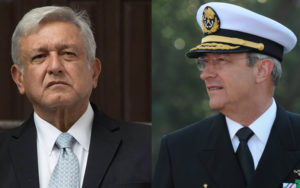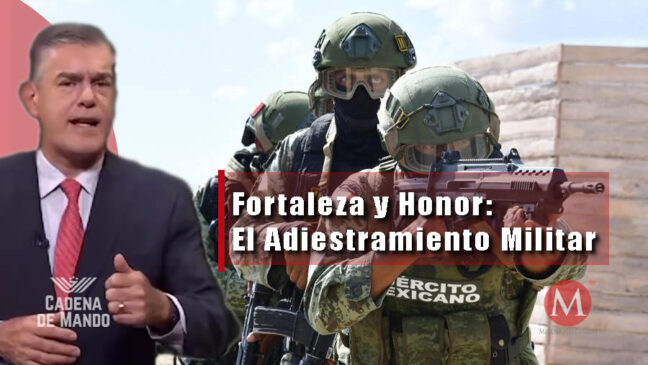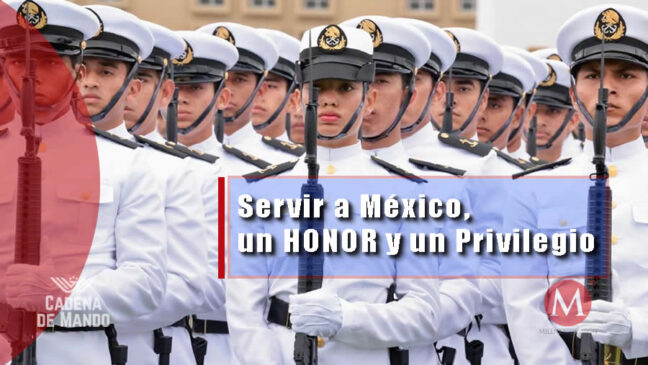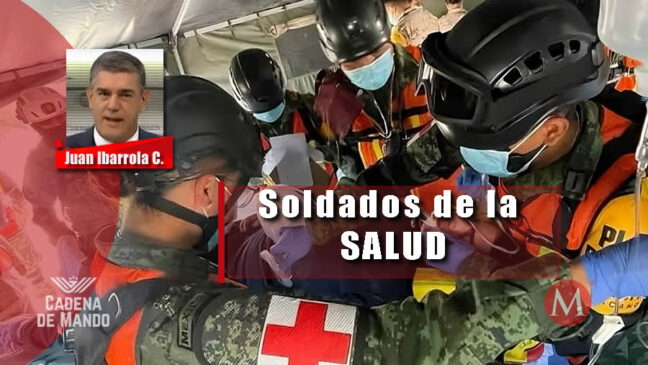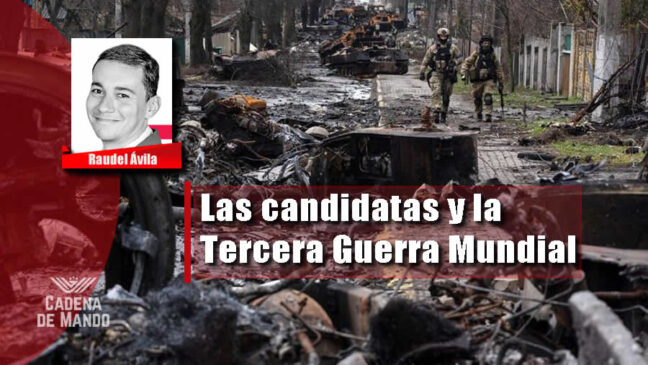‘US creates monsters’: Trump talk of war on Mexico cartels echoes past failures
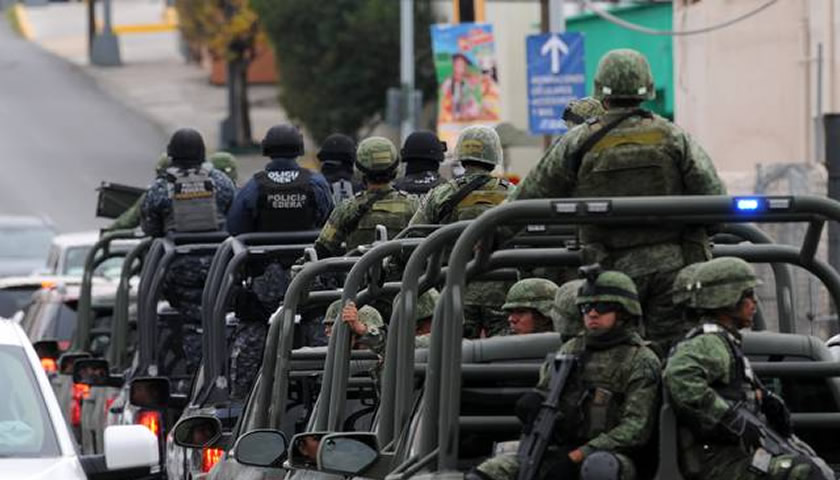
After the massacre of a US family, the president offered to help ‘cleaning out these monsters’ but previous interventions have brought little peace.
After nine members of a Mormon family with US/Mexican citizenship were slaughtered by gunmen, Donald Trump reacted by urging his Mexican counterpart to let him sort out the drug cartels.
“If Mexico needs or requests help cleaning out these monsters, the United States stands ready, willing & able to get involved and do the job quickly and effectively,” the US president tweeted on Tuesday, after news broke of the massacre – the latest in a series of extremely violent events across the country.
“This is the time to wage WAR on the drug cartels and wipe them off the face of the earth.”
Trump’s proposal was never going to enthuse Andrés Manuel López Obrador, a leftwing nationalist with pacifist tendencies, who firmly – if politely – turned it down.
But it was echoed in a Wall Street Journal editorial, and in a New York Times opinion piece that called for an “Iraq-style ‘surge’ to save Mexico”.
Previous US efforts to help Mexico fight crime have often been developed without serious diagnosis of the situation on the ground. And even when crime-fighting aid has been designed with care and good intentions, success has been limited.
“You can’t understand US collaboration with a Mexican filter, you have to read it with a Washington filter,” says Javier Oliva, a national security expert at the National Autonomous University of Mexico. “Mexico just isn’t important [to the US] in its own right.”
The result has often been US political objectives driving actions in Mexico – with little thought for the consequences on the ground.
When an undercover DEA agent called Kiki Camarena was abducted in Guadalajara and tortured to death in 1985, the Reagan administration came close to shutting down the border, and piled intense pressure on the Mexican authorities to take down the country’s top tier of traffickers.
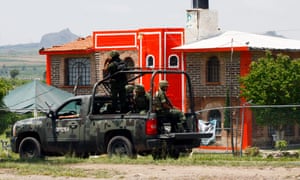
For the US, the crackdown sent a message to the world not to mess with the DEA.
In Mexico, meanwhile, it sparked a generational power struggle within the cartels and the emergence of regional organizations that took trafficking to new heights – and triggered a round of bitter turf wars.
When President Felipe Calderón took office in 2006 he launched a military-led offensive to control these escalating conflicts. He sought US backing for this strategy, negotiating an agreement called the Mérida Initiative with George W Bush that was signed in 2007.
That deal opened an unprecedented period of bilateral security collaboration – but it proved no more helpful in bringing cartels to heel than ad hoc US pressure had done before.
Under Bush, the Mérida Initiative channelled military hardware into Calderón’s war, prompting a backlash that sent violence spiralling and encouraged cartels to embed themselves ever more deeply into corrupt political and business networks.
Then, with Barack Obama in the White House, resources were refocused on an overhaul of Mexico’s abusive criminal justice system. This did make miscarriages of justice slightly less routine – but it did nothing to ensure more criminals were charged and convicted.
“The main reason the armed conflict in Mexico has become ever more lethal and difficult to control in the last 15 years is impunity,” says Falko Ernst, Mexico analyst with the International Crisis Group. “It is still more than 95%,” meaning the vast majority of violent crimes go unpunished.
Their administrations typically took credit for a constant trickle of high-profile arrests, though DEA involvement was often key.
But even the capture and eventual extradition of the man described as the world’s biggest drug dealer – Joaquín “El Chapo” Guzmán” – barely dented the power of organized crime back in Mexico.
El Chapo’s own Sinaloa cartel proved itself strong enough to besiege the entire northern city of Culiacán last month, forcing soldiers to back down after they briefly detained one of Guzmán’s sons.
Which is why Mónica Serrano, a security expert from the Colmex thinktank, argues that if Trump really wants to help, his priorities should be “more enlightened” drug policies that slash cartel profits, and new gun laws that restrict their ability to build up terrifying arsenals.
Con información de The Guardian

